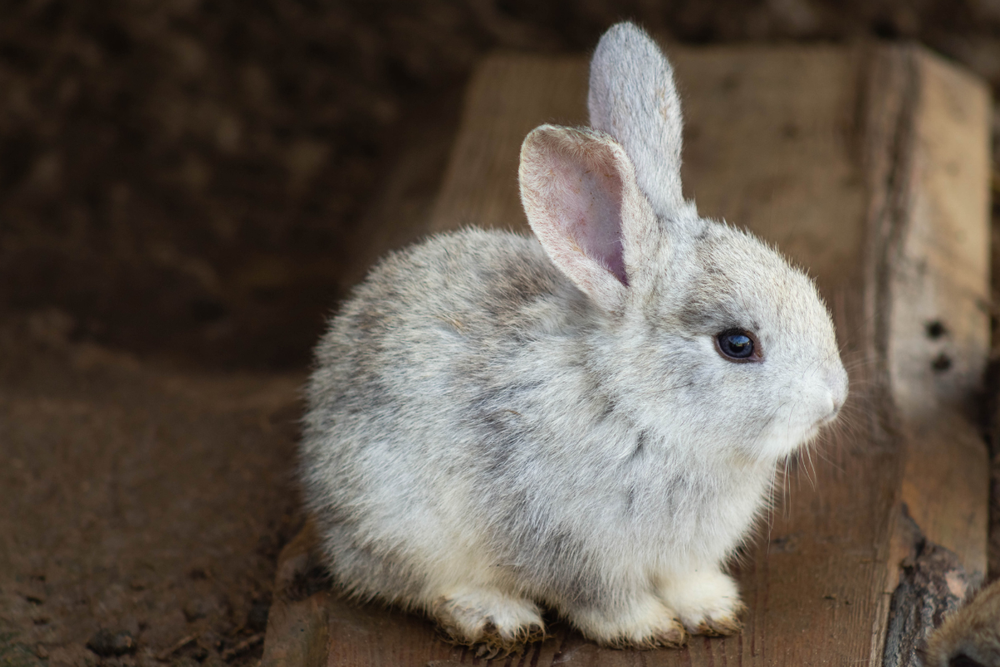1. Choosing the Right Rabbit
Before bringing a rabbit home, consider:
- Breed and size: Some breeds like Holland Lops are small and cuddly, while Flemish Giants are large and require more space.
- Temperament: Rabbits have different personalities — some are social and playful, while others are shy. Spending time with a rabbit before adoption helps ensure a good match.
2. Housing and Space
Rabbits need room to hop, stretch, and explore:
- Indoor pens: A spacious exercise pen or a rabbit-proofed room is ideal.
- Bedding: Use safe materials like paper-based litter or hay. Avoid cedar or pine shavings, which can harm their lungs.
- Safety: Rabbits love chewing, so keep electrical cords, small objects, and toxic plants out of reach.
3. Nutrition
A proper diet is essential for a rabbit’s health:
- Hay first: Unlimited hay (timothy, orchard, or meadow hay) keeps their digestive system running smoothly and wears down their constantly growing teeth.
- Fresh vegetables: Leafy greens like romaine, cilantro, and parsley should be provided daily.
- Pellets: Use them sparingly — they’re not the main food source.
- Water: Fresh water should always be available in a clean bowl or bottle.
4. Socialization and Bonding
Rabbits are social animals and thrive on interaction:
- Spend daily time petting, talking to, and playing with your rabbit.
- Gentle handling from a young age helps them feel secure.
- Some rabbits enjoy bonding with another rabbit — if you adopt two, make sure to introduce them carefully.
5. Exercise and Mental Stimulation
- Rabbits need time outside their pen to explore and play.
- Provide tunnels, chew toys, and boxes to satisfy their curiosity.
- Mental stimulation is important to prevent boredom, which can lead to destructive behaviors.
6. Grooming
- Brushing: Short-haired rabbits require weekly brushing; long-haired breeds need daily grooming to prevent tangles and mats.
- Nail trimming: Trim nails regularly to avoid overgrowth.
- Dental health: Check teeth for overgrowth — chew toys and hay help keep them at a healthy length.
7. Health and Vet Care
- Routine vet visits are crucial, including vaccinations if recommended in your area.
- Watch for signs of illness: changes in appetite, droppings, or activity level can indicate health issues.
- Spaying or neutering is recommended to prevent behavioral problems and promote health.
8. Fun Facts About Rabbits
- Rabbits are crepuscular — most active at dawn and dusk.
- They communicate using body language, like thumping their back legs to signal danger.
- A happy rabbit often does a “binky,” a joyful leap and twist in the air.
Conclusion
Rabbits are intelligent, loving, and playful pets that can bring years of joy to your life. By providing the right diet, housing, exercise, and attention, you can ensure your rabbit stays happy and healthy. Remember, patience and gentle care are key — once you bond with your rabbit, you’ll discover just how rewarding having a bunny companion can be.



